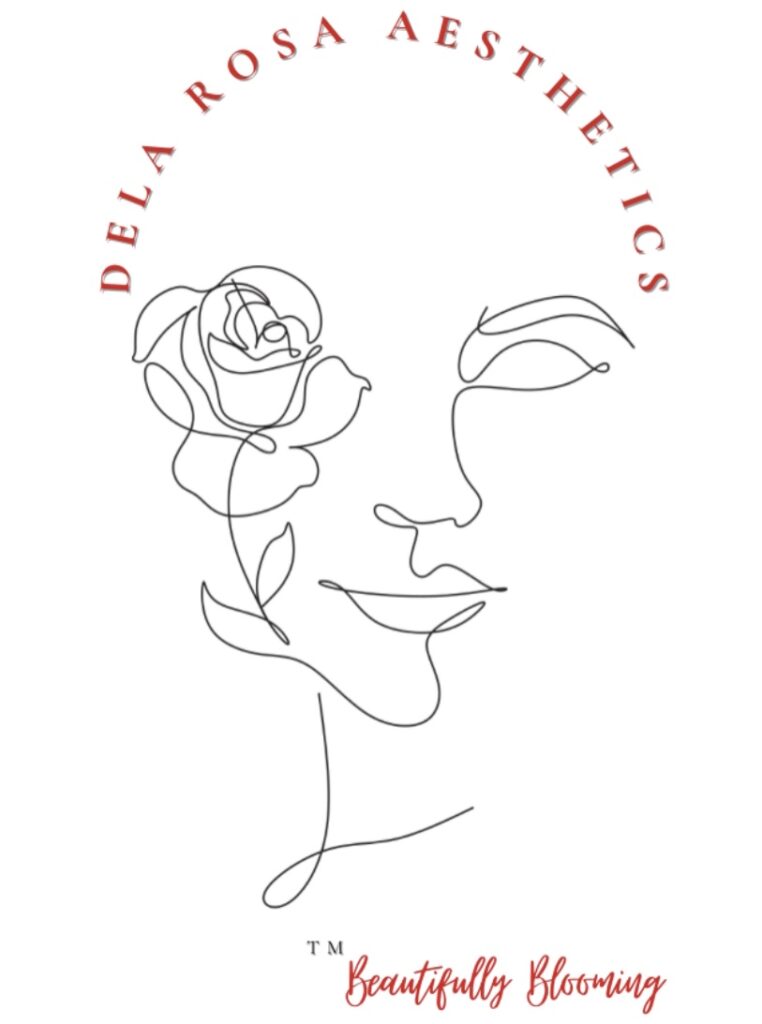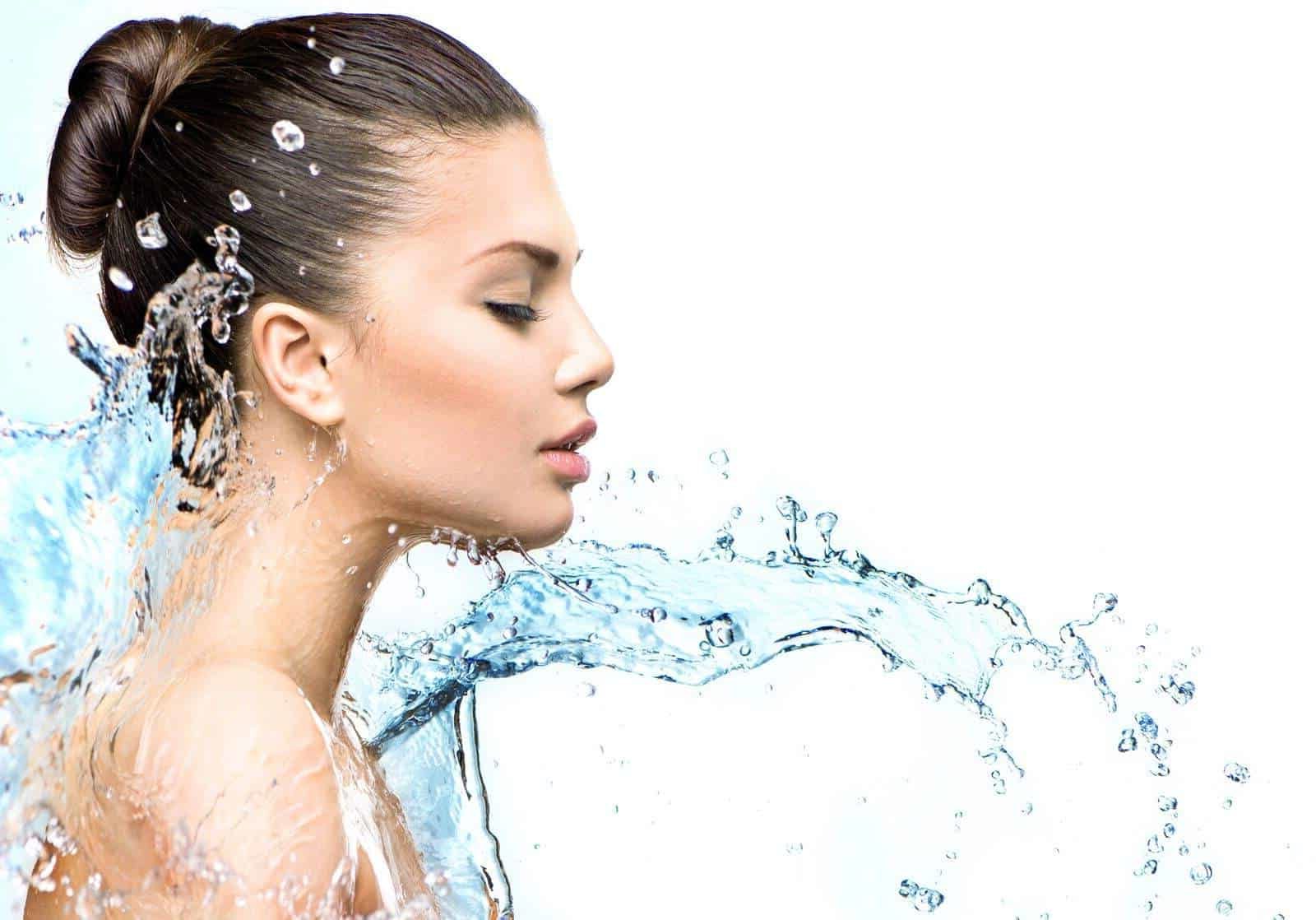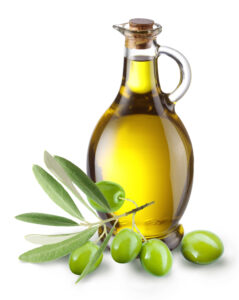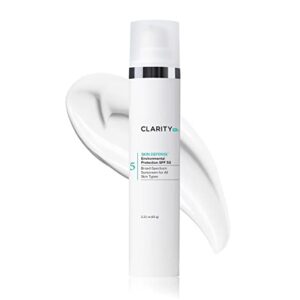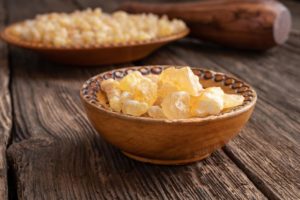Hydration is something we all need. People commonly use the terms moisturizing and hydrating interchangeably in the skincare world. But did you know that they are two different concepts? Let’s dive into the science behind these two terms and discover what makes them different.
Firstly, let’s talk about hydration.
Hydration is all about adding water to your skin cells, which makes them plump and smooth. Think of it like watering a plant – when you give it water, its leaves become fuller and perkier. The same thing happens to your skin cells when you hydrate them.
Hydrating the skin can be achieved by using products that contain humectants. Humectants are ingredients that attract water from the air or deeper layers of the skin and hold it in the skin’s outermost layer. Some common humectants include glycerin, hyaluronic acid, and aloe vera. When skin cells are well-hydrated, they appear plump and smooth, which can help reduce the appearance of fine lines and wrinkles.
Additionally, let’s talk about moisturizing. Moisturizing is all about preventing water loss from the skin by creating a barrier on its surface. This can be achieved by using products that contain occlusives or emollients.
Occlusives are ingredients that form a physical barrier on the skin’s surface to prevent water loss. Some common occlusives include petrolatum, beeswax, and lanolin. Emollients are ingredients that fill in the gaps between skin cells to improve the skin’s texture and flexibility. Some common emollients include plant oils, fatty acids, and ceramides.
So why is it important to understand the difference between these two concepts? Well, because they work together to keep your skin healthy and happy! If you only focus on hydrating your skin but don’t moisturize it, all that water will eventually evaporate and leave your skin dry again. On the other hand, if you only moisturize your skin but don’t hydrate it, your skin will still be lacking in water and won’t be as plump and smooth as it could be.
So how do you know if your skin needs hydration or moisture?
One way to tell is by looking at your skin. If your skin is dull, tight, or flaky, it may be dehydrated and need hydration. If your skin is rough or scaly, it may be dry and need moisture.
Another way to tell is by thinking about your environment. If you live in a dry climate or spend a lot of time in air conditioning or heating, your skin may be losing moisture to the air and could benefit from both hydration and moisture.
But how do you choose the right products for hydrating or moisturizing your skin? When looking for a hydrating product, look for ingredients like glycerin, hyaluronic acid, or aloe vera on the label. These ingredients will help attract water to your skin and keep it there.
When looking for a moisturizing product, look for ingredients like petrolatum, beeswax, lanolin, plant oils, fatty acids or ceramides on the label. These ingredients will help create a barrier on your skin’s surface to prevent water loss.
It’s also important to consider your skin type when choosing hydrating moisturizing products.
If you have oily or acne-prone skin, look for lightweight hydrating products like gels or serums that won’t clog your pores. If you have dry or sensitive skin, look for richer moisturizing products like creams or ointments that will provide more protection.
In summary, hydration to the skin is about adding water to the skin cells,
while moisturizing is about preventing water loss from the skin. Both are important for maintaining healthy and youthful-looking skin.
So there you have it – the difference between moisturizing and hydrating the skin! Remember to give your skin both water and oil to keep it healthy and happy. Remember to maintain routine facials to enhance the benefits of deep cleansing and hydrating so your skin remains at its best.
Reference:
Rud Melanie (06/22) What’s the Difference Between Hydrating vs Moisturizing? RealSelf
